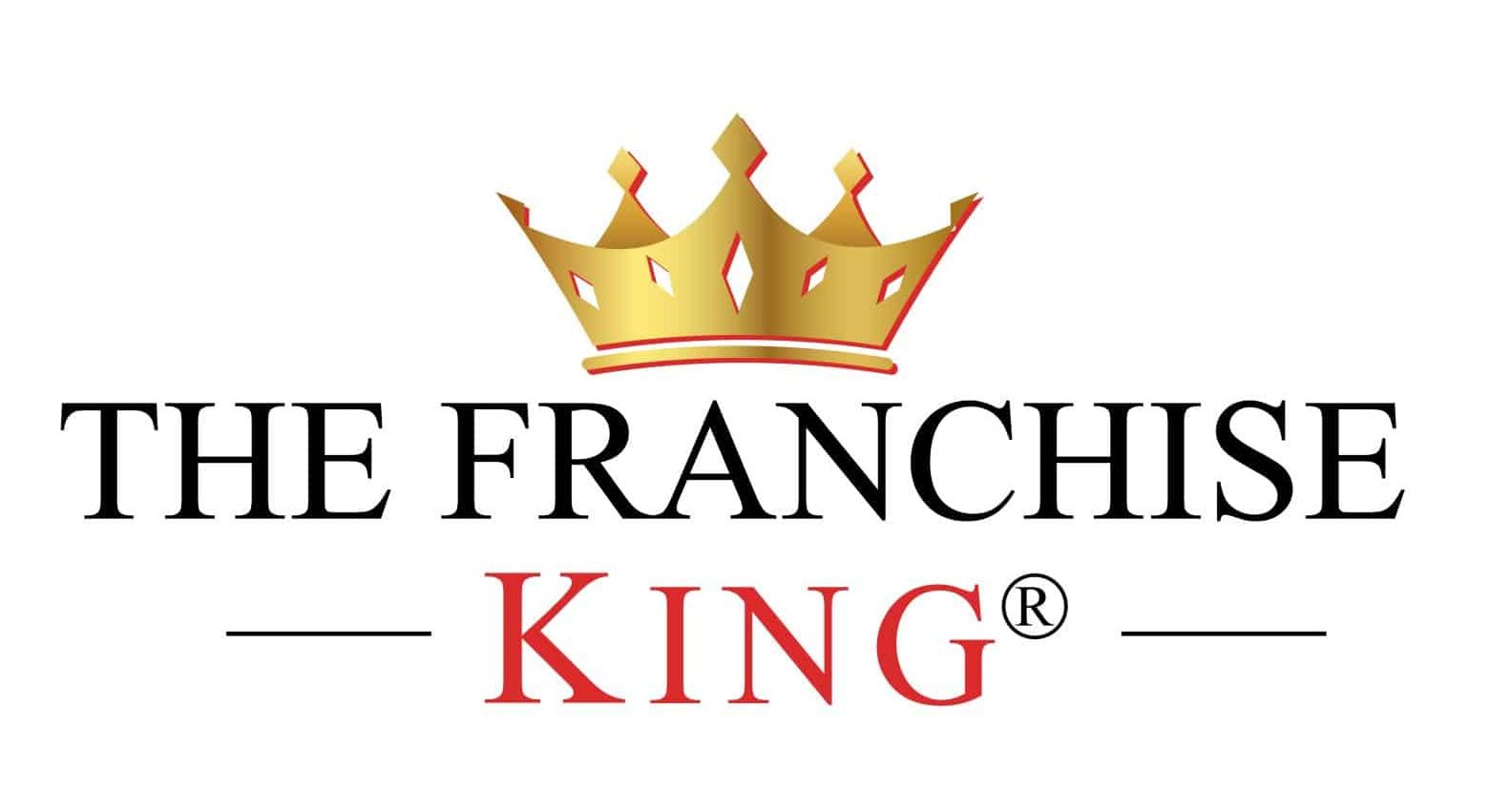
Franchisor. It’s such a strange word. But what is a franchisor? And why do you need to know?
Let’s dig in.
What Is A Franchisor?
Franchisors are entrepreneurs who have created a business that’s easily replicated. How?
By the use of established business systems, industry expertise, great products or services and a registered trademark and brand as its key elements.
In turn, a franchisor offers their system to people who want to be their own boss.
These people, known as franchisees, invest a pre-determined amount of money upfront, in order to get access to:
- A proprietary business system
- An operating manual
- Training
- Technology
- Marketing materials
- Ongoing support
And more.
What is The Role of A Franchisor?
Now that you know the definition of the word “franchisor,” you also need to know that the franchisor grants the franchisee the authorization to conduct business under their recognized trademarks and system.
Their role extends beyond simply providing the business model and resources necessary for establishing the franchisee’s enterprise.
A top-notch franchisor offers comprehensive training programs not only for the franchisee but also their managerial team, and continuously supports staff development.
In addition, the franchisor ensures brand standards are met while collecting an upfront franchise fee and consistent royalties, a measure to cover the costs related to the use of their established name, effective operating procedures, and marketing resources
In a nutshell, franchisors provide franchisees with the business model and tools necessary for them to start and operate their own businesses.
In exchange, the franchisee pays an initial franchise fee along with ongoing royalties* to cover costs associated with using the name, operating systems and marketing materials of a franchisor.
*Franchisees pay a percentage of their revenue to the franchisor. It’s called a royalty, and it averages between 4-10%.
Wait. What is a franchisee?
On Sticking To The Rules
Companies that offer franchises need to ensure that the people who buy their franchises stick to the rules and operate their businesses well. This is crucial because when every outlet follows the same high-quality standards, the overall brand image improves. And that attracts more customers.
Note: These rules and standards are put in writing in a document called the ‘franchise agreement‘ (contract). Every franchisee has to sign it before they can start their business.
What Is The Role of A Franchisee?
Although franchisors may provide guidance in some aspects of business, most of the franchise business operations are handled by franchisees themselves. And that’s a good thing. Why?
Because this setup lets the franchise company concentrate on big jobs like growing the business by finding new franchise owners and coming up with new products.
Meanwhile, the people who own the individual franchises handle their everyday business tasks by themselves. If you’re a franchise owner, this is just what you’d want because you get to manage your business independently.
It’s important for you to know that today’s franchisees are responsible for all facets of their business operations. Depending on the type of franchise business, these may include:
- Product ordering
- Inventory control and analysis
- Internal Point of Sale (POS) monitoring
- Employee hiring and training
- Payroll
- Marketing, including social media marketing activities
- Technology
- Business development
- Customer service
And a lot more.
A Win-Win Relationship
In a perfect world, the franchise company-franchisee relationship is a winning one.
In essence, the franchisor has the system; the franchisee follows it. And profit for both follows. Do you see what I bolded?
Additionally, since the franchisor has invested significant time and resources into creating their franchise system, it’s crucial for franchisees to utilize said system effectively.
This means adhering to all the procedures, systems and protocols set out by their franchisor, while at the same time offering top-shelf customer service to their customers or clients.
Moreover, an individual franchise owner needs to be able to offer feedback to their franchisor, both positive and negative. After all, it’s the franchisees who are on the front line. The good news?
Most of today’s franchise companies want that.
For instance, some franchisors invest in person-to-person tools, like dedicated franchisee support lines or field reps, to keep channels of communication open between themselves and franchisees. Such investments can foster more involvement among franchisees themselves for the good of the brand.
What Do The Best Franchisors Do?
The best of the best invest continuously in their businesses and strive to improve the products and services they offer.
For example, franchisors (the best ones) are always looking to add new technology to help streamline operations. That gives franchise owners more time to spend on things that will add revenue and profit.
Another thing they do is invest in their online presence.
They do this through Search Engine Optimization (SEO), Content Marketing, maintaining a speedy company website and Social Media marketing.
Additionally, the best franchise companies focus on their quality control. Why is that important?
Because today’s consumers expect high quality products and services.
And if they don’t get it, if they experience poor service or a sub-standard product, they’re not shy about sharing as much online. How? In the form of a lousy review. When that happens, the franchisee suffers…as does the brand as a whole.
Finally, the best franchisors focus on franchisee profitability.
Because profitable franchisees tend to be a happy bunch.
After all, isn’t that the goal?
Franchisor FAQ’s
A franchisor is an entrepreneur who has created a replicable business model, complete with established business systems, industry expertise, top-tier products or services, and a registered trademark and brand. The franchisor licenses this model to franchisees for a fee and ongoing royalties.
A franchisor’s role is to provide a business model and necessary tools for franchisees to start and run their own businesses. They also ensure that franchisees maintain high business standards to uphold the brand’s reputation.
Today’s crop of franchise companies offer various types of support to their franchisees. This includes initial and ongoing training, marketing and advertising support, help with site selection and development, operational support, and regular updates to their business systems.
The best franchisors invest continuously in their businesses, constantly improving products and services. They also focus on implementing new technology, boosting their online presence through SEO and content marketing, maintaining quality control, and ensuring franchisee profitability.
In a successful relationship, the franchise company provides the business system and the franchisee follows it. Franchisees should also provide feedback, both positive and negative, to their franchisors for continuous improvement of the franchise system.
About the Author
The Franchise King®, Joel Libava, is a leading franchise expert, author of "Become a Franchise Owner!" and "The Definitive Guide to Franchise Research." Featured in outlets like The New York Times, CNBC, and Franchise Direct, Joel’s no-nonsense approach as a trusted Franchise Ownership Advisor helps aspiring franchisees make smart, informed decisions in their journey to franchise ownership. He owns and operates this franchise blog.
Note: When you buy through links on this website, we may earn an affiliate commission.









